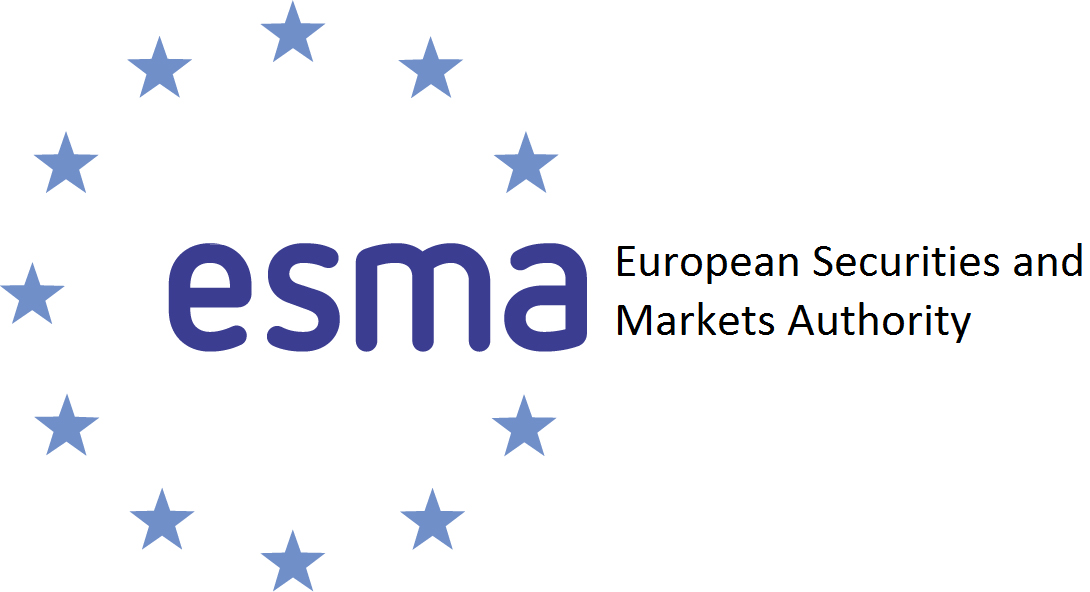New plans for how exchanges should act during market outages – such as those seen during the volatility of 2020 – have been outlined by the European Securities and Market Authority (ESMA).
In a fresh consultation, the European regulator has suggested how exchanges can avoid having a detrimental effect on ‘closing auctions’, the closing price of the trading day, key for the valuation of ETFs and benchmarks.
ESMA is also requiring exchanges to communicate more clearly with their members during the outages including on the status of submitted orders.
It comes after exchanges globally have experienced outages over the past few years, primarily due to a failure in their technology, causing significant disruption to the market.
In October 2020, Euronext suffered a three-hour outage, during which shares continued to trade beyond market close, missing the closing auction, meaning ETFs were unable to see the reference point for pricing.
As a result, ESMA has decided to intervene. Under the proposals, it said trading venues must have “clear arrangements” in place to ensure the market is provided with a closing price for the day.
These include using an alternative venue to run the closing auction or postponing the auction until a later point in the same day.
Despite this, the regulator said it has concerns over the use of alternative venues due to the technology required and retail brokers and smaller firm access to multiple trading venues.
“Trading venues must inform market participants whether or not they intend to run the closing auction as soon as possible, and in any case at least 30 minutes before the scheduled time,” it added.
ESMA recognised a future European consolidated tape, allowing access to reliable trade information and therefore creating a reference price, could also be a possible solution but would “not be applicable in the short-term”.
In terms of communication, ESMA said all trading venues should provide market participants, including the public, with a notice of disruption as soon as possible, as well as updates at a fixed time interval.
The status of submitted orders should also be a priority for exchanges as participants may be able to continue trading on alternative venues.
“Information on the status of orders should be provided to members and participants as soon as possible and at the latest within one hour from the notice of disruption,” ESMA said.
The deadline for responding to the consultation is 16 December.
Investment in new technology would likely make market outages less frequent, however, many exchanges may be reluctant to invest with trading businesses no longer delivering the growth they once did.
Within ETFs, request for quote (RFQ) platforms such as Tradeweb and Bloomberg continue to dominate the trading landscape, as traders prefer the simplicity of execution compared to the fragmented European exchange industry.
Related articles




